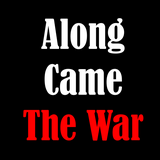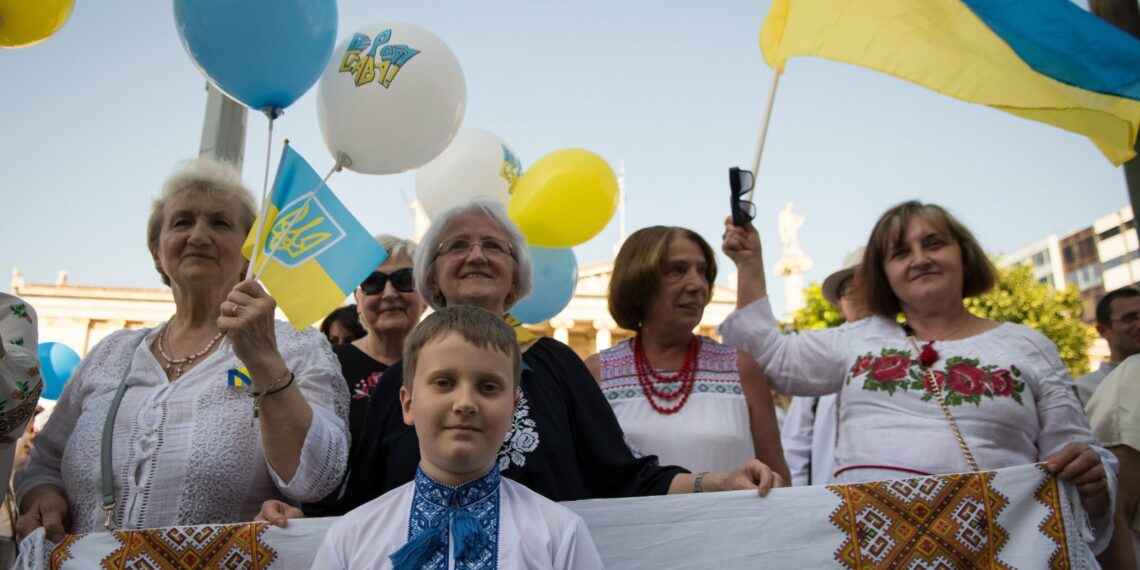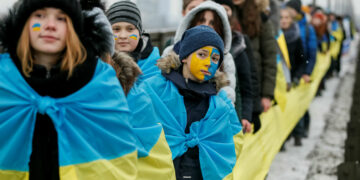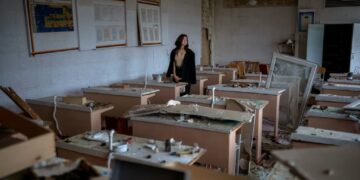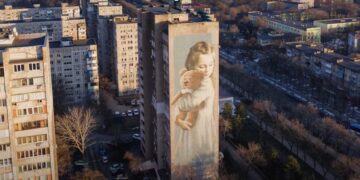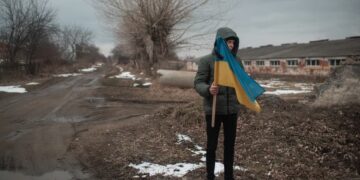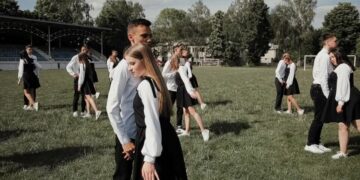It is well-known that Ukrainian nation have often dealt with all sort of discrimination. We survived invasions, revolutions, horrors of the soviet regime and much more. And our culture survived too, even though it was definitely a thorny pass.
Today, we are finally able to freely talk about Ukrainian writers and how political situation made it nearly impossible for them to express themselves. However, I do feel that we sometimes forget that Ukrainian is a multicultural society, and, therefore, different national minorities have made a significant contribution to our own heritage, and to our literature heritage as well.
Ukrainian Jews is one of the oldest communions on the territory of Ukraine. Now, about 300,000 people with Jewish roots live in Ukraine. Among this communion, there were a great number of famous writers. Maybe one of the most prominent of them is Sholem Aleichem, who was born in Pereiaslav (now a city in Kyiv Oblast) in 1859. Sholem Aleichem established literature created in the Yiddish language on Ukrainian territory. He is famous primarily for the stories about Tevye the Dairyman.
In his works, characters were residents of Ukrainian Jewish towns, who dealt with misfortunes such as massacres of Jews(a common manifestation of antisemitism in the Russian Empire at the time). Nevertheless, Aleichem’s characters managed to treat life with humour, despite all. Sholem Aleichem’s books are filled with various Jewish dialects and Ukrainianisms, different borrowings from the Ukrainian language and Ukrainian expressions, which makes them a great example of Ukrainian-Jewish literature.
However, there were a lot of obstacles to development and prosperity of Jewish literature in Ukraine. Holocaust, which took part during II World War, took the lives of nearly 900,000 Ukrainian Jews. Furthermore, on August 12, 1952, four famous Ukrainian-Jewish poets were killed by Stalin’s decree.
These days, there are many Ukrainians who are translating from Jewish – for instance, there is a master’s programme in Jewish studies at Kyiv-Mohyla Academy – and it is good to know that cultural exchange can still be witnessed. ‘A lot of people understand that if we limit ourselves exclusively to Ukrainian authors, or exclusively to Hebrew-speaking Israeli authors, this pushes a large layer of literature away from us.
And a huge layer of history as well. In the previous part of our conversation, we already mentioned that artistic circles did not only co-exist—they were largely one environment and even ‘lived in the same house’’– said Ukrainian journalist and literary scholar Iryna Slavinska in the Hromadske radio interview. Her words perfectly capture today’s article topic. Ukrainian and Jewish cultures continue to ‘live in the same house’, and I hope that we will be able to embrace their connection in the future as well.
by Maria Karpova
